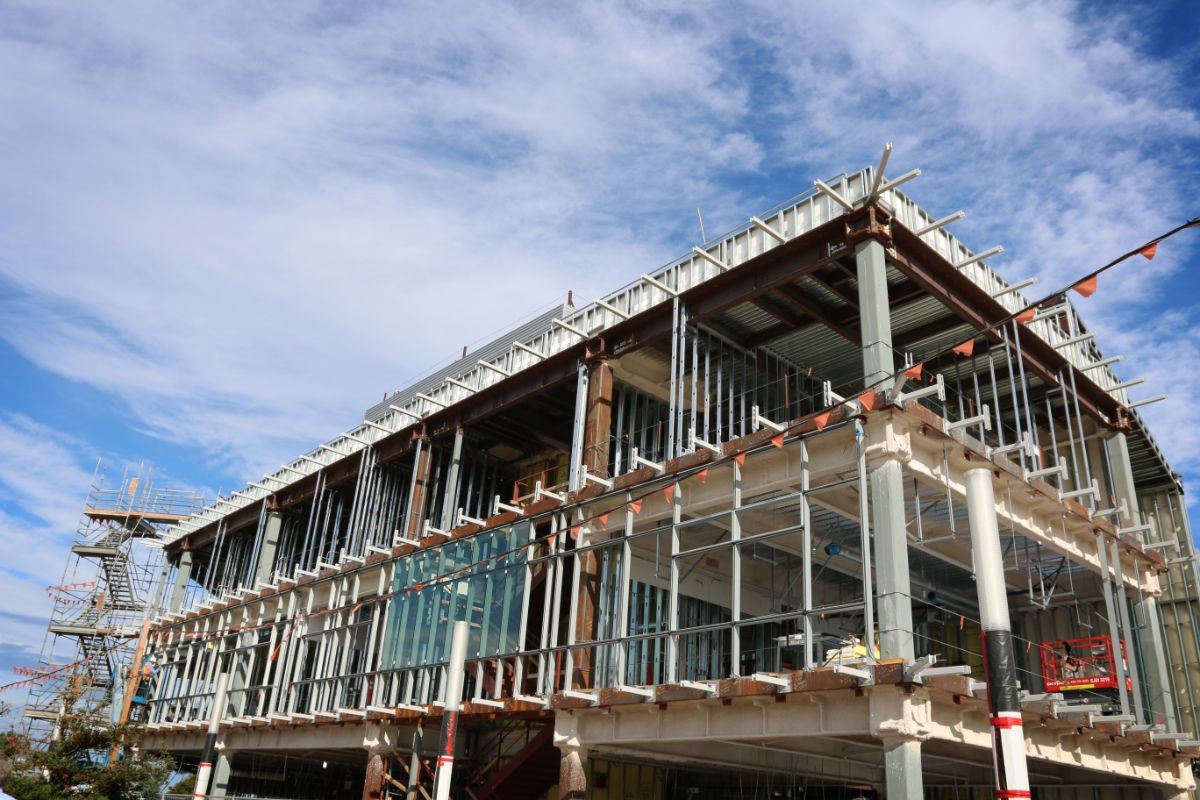News Information
- Published
- April 1, 2021
- Department/College
- University News
- News Type
- News Topics
Among four-year higher education systems in the country, the California State University system is the largest, is considered one of the best values, and nets enormous positive impact on people’s lives.
/filters:quality(75)/0x48:1200x753/prod01/channel_2/media/csumb/legacy/legacy-news/whKWZx0RoDYom7tgqnbA_Groundbreaking-for-BIT-building-1.jpg)
By Walter Ryce
Among four-year higher education systems in the country, the California State University system is the largest, is considered one of the best values, and nets enormous positive impact on people’s lives.
Now a new economic impact study, compiled by the Fairfax, Virginia management consulting firm ICF, has tabulated the CSU’s own value and impact to state, regional and local economies.
According to the executive summary of the Impact of the California State University, “The impacts associated with the CSU begin with the university itself – its faculty, staff, students, and alumni – and then percolates throughout the state.”
When analyzed for a multiplier effect, direct CSU-related expenditures of $17.5 billion in the 2018-19 academic year translated in California to $26.9 billion in industry activity, $10.3 billion in labor income, $1.6 billion in state and local tax revenue, and support for more than 209,000 jobs.
The study found that CSUMB, in the 2018-19 academic year, spent $301.8 million in operational expenditures, capital expenditures, auxiliary costs and student spending. On the Central Coast region, that supported 3,672 jobs, $177.6 million in labor income, $427.1 million in industry activity, and $26.4 million in state and local tax revenue.
The study found that in 2018-19, the state’s investment in CSUMB (operating and average capital appropriations) totaled $82 million. Of that, every $1 invested generated $6.02 in statewide industry activity, and $13.91 when the enhanced alumni earnings were included.

Business and Information Technology building construction in 2014
“CSUMB is an educational institution with a core mission of preparing reflective practitioners, innovative leaders, and thriving citizens dedicated to the public good,” said CSUMB President Eduardo M. Ochoa. “This study demonstrates that we are delivering on our priority of regional stewardship by not only helping students meet their success goals but also enriching our community through significant contributions to the state, regional and local economies.
“CSUMB is proud to be a positive force for growth in our community.”
The study also hones in on the CSU’s qualitative contributions to agriculture, technology, hospitality, healthcare, science, and the environment in programs that contribute immeasurable positive benefits to local communities.
The Service Learning Institute at CSUMB requires all undergraduate students perform community service throughout the region with community partners such as libraries, food banks, schools, cultural centers, wildlife reserves, and libraries. And the mission of CSUMB’s Watershed Institute is to advance education, research, restoration and policy to protect and enhance watersheds of the Monterey Bay area, including Carr Lake in Salinas and the Carmel River.
“This new report helps to further illustrate and quantify the consequential impact of the CSU on the Golden State,” said CSU Chancellor Joseph I. Castro. “The California State University has long been recognized for the quality of its educational offerings and as an economic engine powering California, and this new report helps to illustrate and quantify the consequential impact of the CSU on the Golden State.”
Read more about the Impact of California State University study on the CSU website.